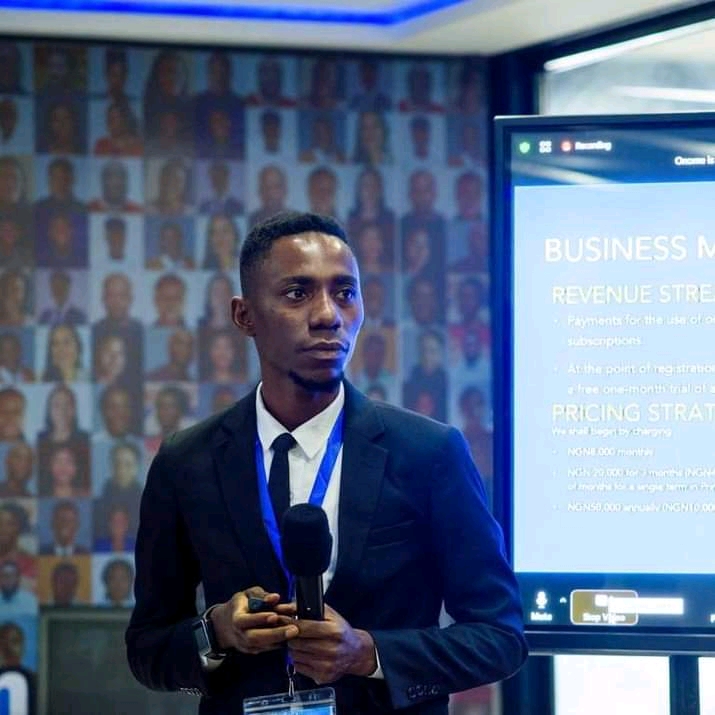Artificial Intelligence (AI) is rapidly reshaping industries and redefining how we live and work. From healthcare and education to business and smart cities, AI is driving innovation and unlocking possibilities once thought impossible. But with its promise come challenges like ethics, job displacement, and security—making it the most transformative force in the future of technology.
Artificial Intelligence (AI) is no longer just a buzzword—it has become the backbone of modern technology. From self-driving cars to personalized healthcare, AI is transforming the way we live, work, and interact with the world. The future of technology is inseparably tied to the progress of AI, and its impact will be far-reaching across industries and societies.
Understanding AI
At its core, Artificial Intelligence is the ability of machines to mimic human intelligence. Unlike traditional software, AI systems can learn from data, recognize patterns, and make decisions with minimal human intervention. This includes everything from machine learning algorithms that predict online shopping behavior to natural language processing (NLP) that powers virtual assistants like Siri, Alexa, and ChatGPT.
Why AI is the Future
- Automation of Routine Tasks
AI automates repetitive work, allowing humans to focus on creativity, strategy, and problem-solving. Industries like manufacturing, customer service, and logistics are already benefiting from AI-driven efficiency. - Personalized Experiences
From tailored Netflix recommendations to AI-powered personal finance tools, AI creates experiences that feel unique to each individual. This personalization is driving customer engagement like never before. - Smarter Healthcare
AI is saving lives by detecting diseases earlier, analyzing medical images faster, and predicting patient outcomes. For instance, AI systems can detect cancers with accuracy rates that sometimes surpass human doctors. - Enhanced Business Decisions
Businesses are harnessing AI for predictive analytics, helping them forecast market trends, manage risks, and optimize resources. Data-driven decisions powered by AI will continue to reshape corporate strategy. - Revolution in Education
AI tutors, adaptive learning platforms, and automated grading systems are making education more accessible and personalized. Students can learn at their own pace, breaking the barriers of traditional classroom settings.
Challenges Ahead
- Job Displacement: Automation could threaten traditional jobs, requiring a massive shift in workforce training.
- Ethical Concerns: AI raises questions about bias, privacy, and decision-making transparency.
- Security Risks: AI in the wrong hands could be weaponized, leading to global risks.
What the Future Holds
The next decade will likely see AI integrate into nearly every aspect of human life. Expect advancements such as:
- Self-driving vehicles becoming mainstream.
- AI-powered smart cities optimizing traffic, energy use, and safety.
- AI in agriculture, helping farmers maximize yield and reduce waste.
- General AI (machines capable of human-like reasoning) moving from theory to reality.
Conclusion
AI is more than just the future of tech—it is the future of humanity’s progress. As we embrace these innovations, it is crucial to balance technological growth with ethical responsibility. The societies that adapt quickly to AI will shape the world of tomorrow.





💬 Comments (0)
Join the conversation and share your thoughts